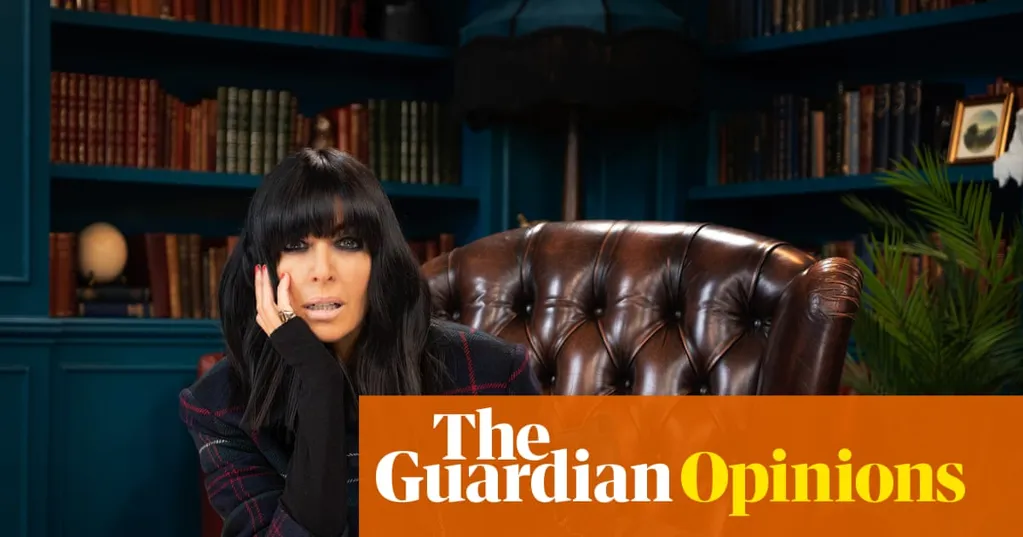Having famous contestants is a betrayal of all that's great about the show - and a misunderstanding of what makes humans tick.
If you have never seen Traitors, you will be sick to death of people telling you to watch Traitors: everybody loves it, no one can ever explain why. They describe the premise and it's a load of people lying to one another. Contestants perform challenges - such as the challenge of running faster than most of them would like - and then they lie. They are often presented with the dilemma of whether to lie or not, but there is very little suspense, because they always choose lying. That is, of course, if they have anything to lie about; the ones who don't just operate in a perpetual fog of misdirected trust and reptile-brained paranoia. It sounds like the kind of thing you wouldn't have to watch twice, but that is so far from true you could easily find yourself scouring the world for the connoisseur's Traitors (Traitors Australia, season two).
Theoretically then, Celebrity Traitors, which starts next Wednesday, should be everything you want from TV, supersized. It arrives in a flurry of promises - the most brutal yet - with a cast list you couldn't possibly dislike. Clare Balding, Stephen Fry, Charlotte Church, Celia Imrie, Niko Omilana, Paloma Faith: who wouldn't want to see them confronting the darkness, or maybe lack of it, at their moral core?
Sadly, no: the introduction of famous people to Traitors is a misunderstanding of what makes the format work, what makes reality TV work as a whole - and what makes humans tick. It's not that these are the wrong celebrities. It's a well-curated list: David Olusoga is very trenchant, Joe Marler, a former rugby player, is sweary - and there's no hate figure in there. They're not making a pantomime, in the I'm a Celebrity ... Get Me Out of Here! style. They have respected the dignity of Traitors - and yet still missed the point.
Reality TV works, when it does, on people showing their unvarnished selves - their desires, flaws, highs and lows - disclosed without self-consciousness or egotistical display. It is almost impossible to make an authentic account of yourself unless you're concentrating on something completely different, which is why the most successful concepts come in the form of a competition - preferably one so engrossing and technical that participants lose all sense of how they are perceived. That's the genius of Bake Off, to imagine a scenario in which the stakes could be simultaneously everything and nothing, in the lap of the gods and the sweating hands of each contestant. Even with the car crashes you can see a mile off, you're obscurely rooting for them, hoping for a last-ditch salvation that couldn't possibly arrive, not with that butter-to-sugar ratio. Intense concentration as a means of dissolving artifice, breaking down barriers to reveal the beating heart - well, how's that going to work, with a celebrity? Are they really concentrating? Are they acting concentrating? Are they acting a person acting a lie, in order to then act a person acting ashamed to have been caught out in a lie?
Which brings us to the money - regular Traitors are gunning for 100 grand, and an awesome amount of both their own self-reflection and our investment, as viewers, centres on what they want to do with the money, what bad thing has happened to them in the past that makes them want the money more, what they're prepared to sacrifice to get the money. All money shows are basically Squid Game-lite, a glowing yet sinister fairytale interlude in life's harsh economic reality. I would never be so naive as to imagine all famous people are rich. Indeed, part of the drama of Celebrity Traitors is the vague awareness that some of them are probably on their uppers and too proud to admit it. But these guys - yes, even the comedians - are pledging to give the prize pot to charity, a laudable gesture that absolutely destroys the drama.
You would only make these sacrifices - of authenticity, of magnetism, of drama - if you'd bought into the foundational myth that celebrities are inherently more interesting than regular people. It's a weird mistake for this, of all shows, to make since the most groundbreaking thing it's done culturally - yes, more novel even than Claudia's fringe - is to demonstrate that you can care about anyone, even the last four random Australians, with all your heart as soon as their defences are down.
